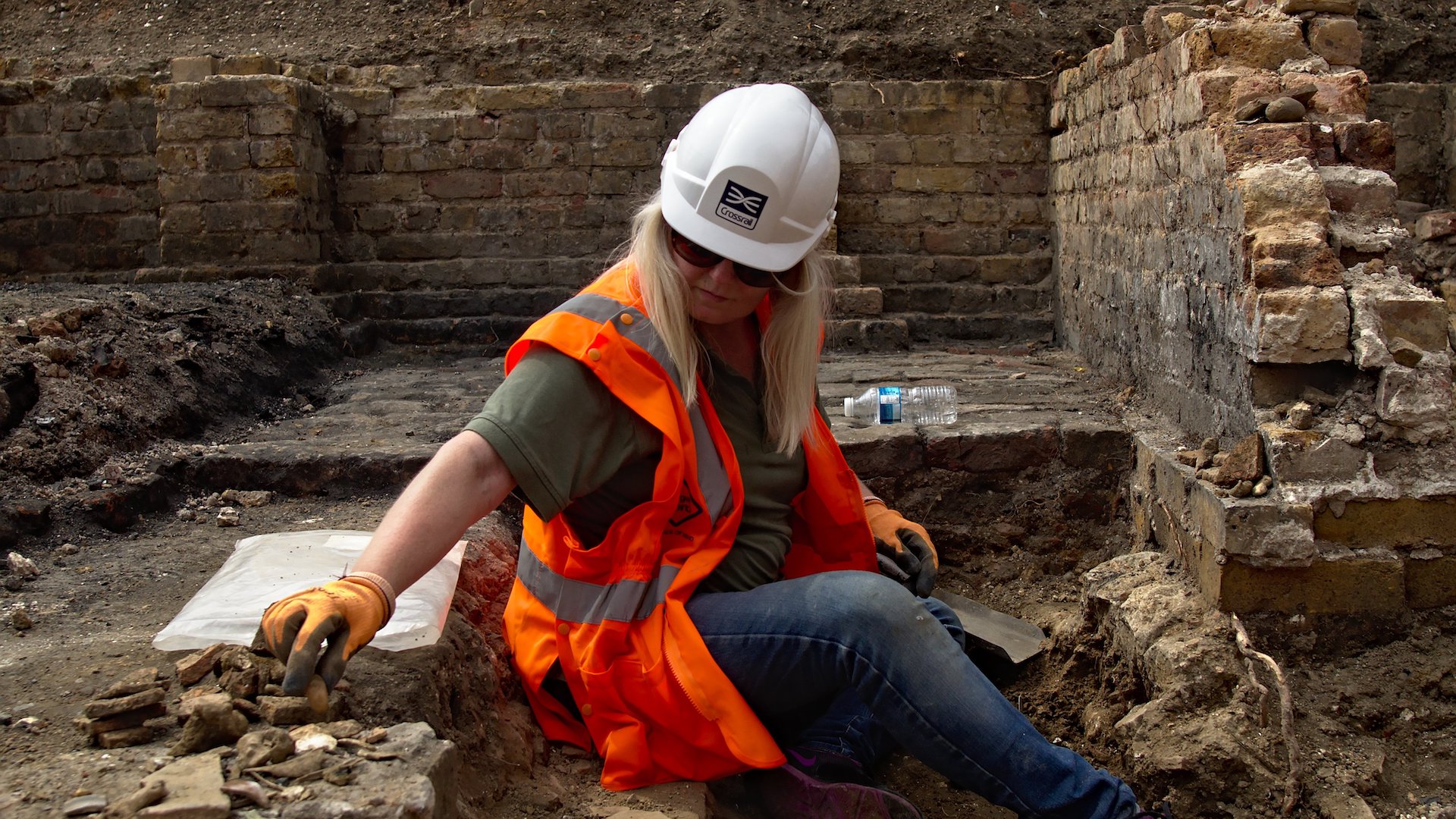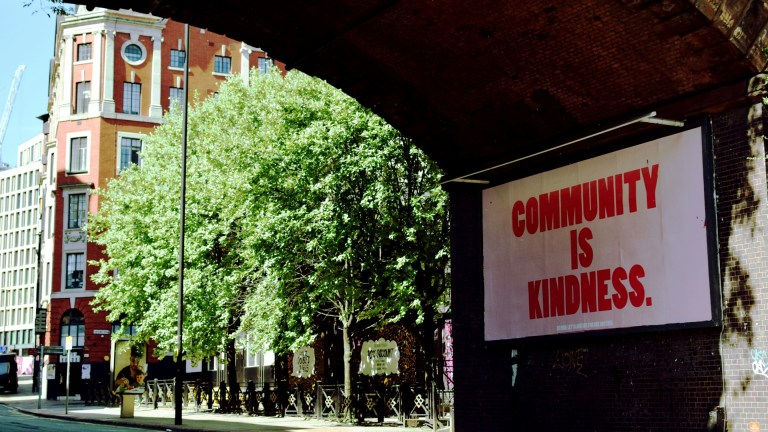Archaeology: it’s Indiana Jones whip-cracking through exotic locations, or weirdy-beardy boffins “unearthing the mysteries of the past”… Cavemen, bones, bits of broken pot, Stonehenge, a series of small walls. Nothing to do with us bustling through our complicated modern lives.
That’s absolute rubbish. Archaeology is part of all our lives. It’s not just picturesque landscapes, castles, muddy holes and heaps of old stuff. It’s a subject that tells us about who we are now, how we live today. How we got here, what we can achieve. It’s inspiration, aspiration and rigorous investigation. Curiosity about the past that reassuringly tells us we have been doing more or less okay for over 10,000 years on this strip of land.
And that is why shutting University of Sheffield’s world-renowned archaeology department – a respected leader in research for over 30 years – is a shocking act of cultural vandalism that should outrage us all.
The decision to close the department was confirmed on Wednesday and immediately rejected by university staff, who vowed to fight on. Leading archaeologists and academics have expressed disbelief. Dr Heather Bonney of the Natural History Museum (a Sheffield alumni) described it as a “great loss”, The Council for British Archaeology called it “a massive blow” to the UK.
Mike Parker-Pearson, who leads groundbreaking Stonehenge research and was formerly based at Sheffield, said the university would “shoot itself in the foot” closing the department. The Urban Prehistorian, Dr Kenny Brophy, said “archaeology in the UK without a Sheffield archaeology department is unthinkable” and added: “This is not just about Sheffield, it is about all of us.” Even if you have only the most tenuous interest in the past, you’ll have read news stories based on the research carried out by Sheffield, not least their work at Stonehenge.
But Sheffield archaeology department’s closure is a symptom of something much wider and deeply worrying.











